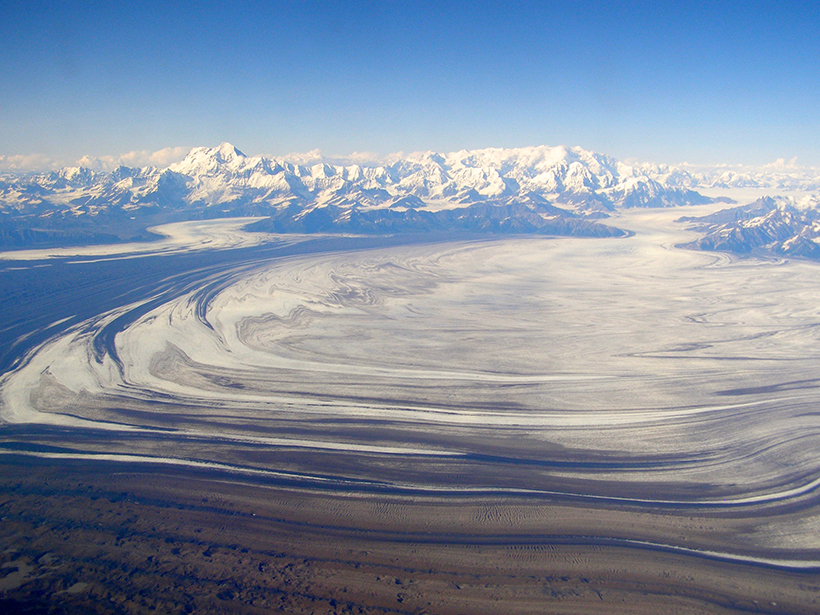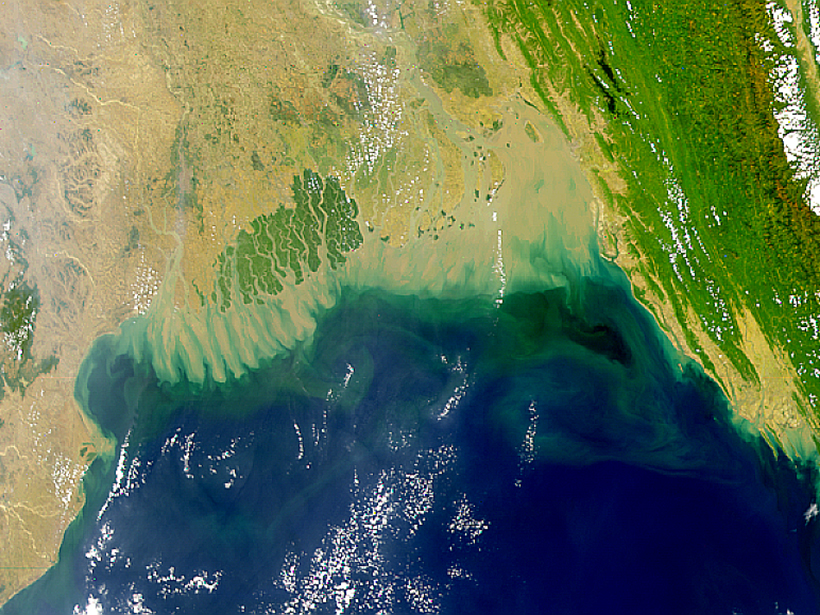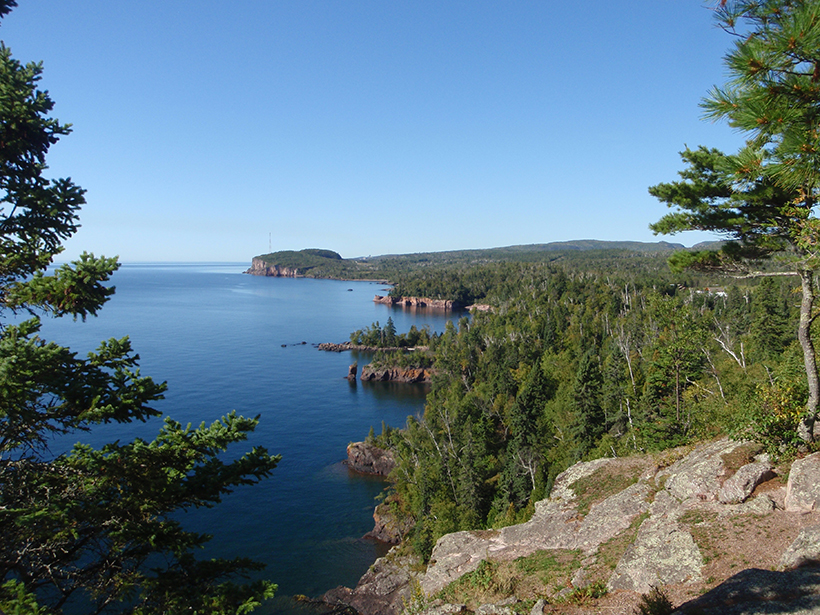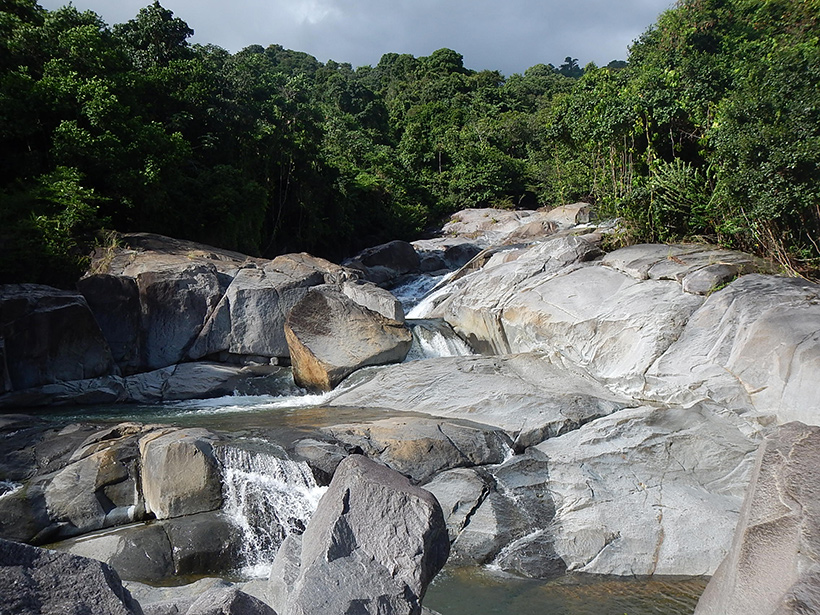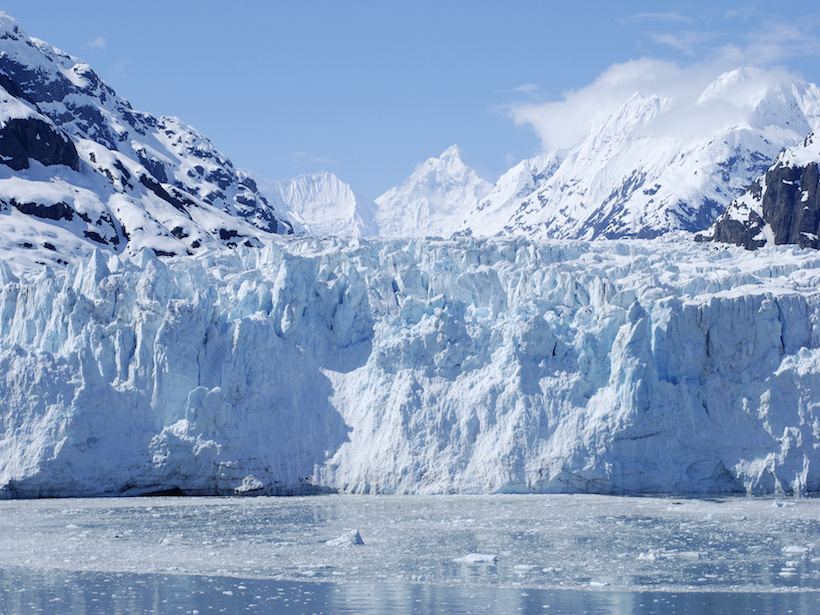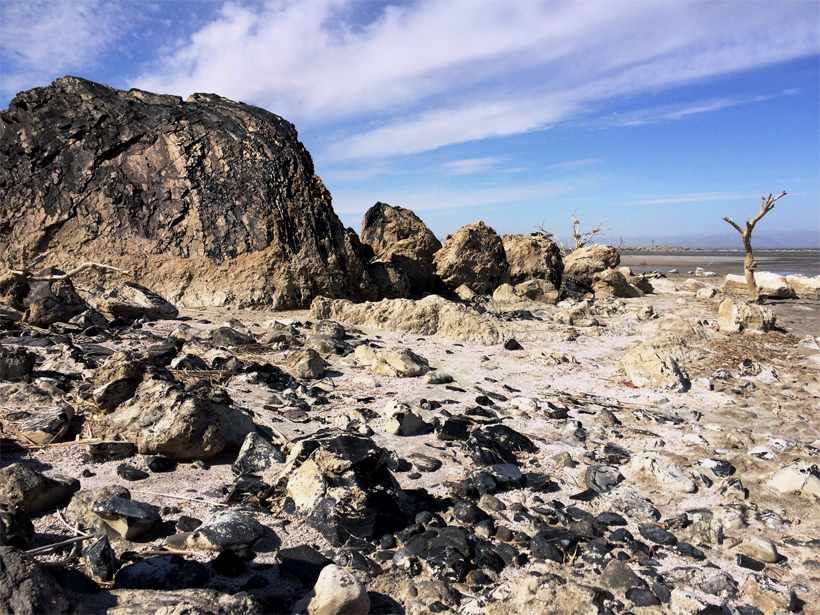Fission track dating core samples from the Gulf of Alaska demonstrates that offshore sediments can be used to reconstruct a mountain range's changing exhumation patterns.
geochronology
Deep Drilling Reveals Puzzling History of Campi Flegrei Caldera
Results show that caldera collapse attributed to a super eruption almost 40,000 years ago was smaller than what scientists expected. So what might have really happened?
Stanley Robert Hart Receives 2016 William Bowie Medal
Stanley Robert Hart was awarded the 2016 William Bowie Medal at the American Geophysical Union Fall Meeting Honors Ceremony, held on 14 December 2016 in San Francisco, Calif. The medal is for "outstanding contributions for fundamental geophysics and for unselfish cooperation in research."
Scientists Offer New Explanation for Island's Unexpected Uplift
Researchers developed a new timeline for the rise, fall, and rise again of a puzzling island in the Azores.
Deciphering the Bay of Bengal's Tectonic Origins
New magnetic and gravity data suggest that the boundary between continental and oceanic crust lies beneath northern Bangladesh, along the line of an Early Cretaceous spreading center.
New Insights into North America’s Midcontinent Rift
The Midcontinent Rift has characteristics of a large igneous province, causing geologists to rethink some long-standing assumptions about how this giant feature formed.
How Do Tropical Forests Slow Knickpoints in Rivers?
Using Puerto Rico's Luquillo Mountains as a case study, scientists use the region's geological history to study how knickpoints—areas where there's a sharp change in the river's slope—move over time.
Insights on Climate Systems from Interglacials
Interglacials provide insights into the impacts of warmer than present conditions in certain regions of Earth.
Geochronology: It's About Time
Chronology is at the heart of all geosciences, but its ubiquity has given it an image of a useful tool rather than a foundational discipline of its own.
Dating Lava Domes in California's Salton Trough
Scientists use a trio of techniques to resolve the age and duration of rhyolite volcanism of the Salton Buttes.

